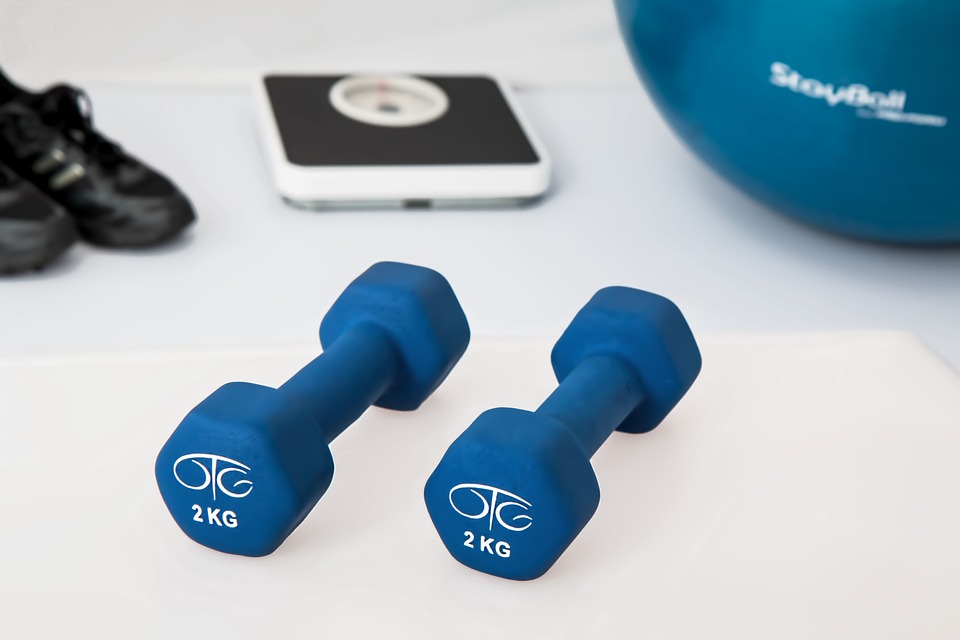Stress has become an inevitable part of our modern lives. Whether it’s due to work pressures, personal responsibilities, or global events, stress can take a toll on our mental and physical well-being. However, there are various techniques and strategies we can incorporate into our lives to manage stress effectively and promote overall well-being. By stress-proofing our lives, we can navigate the ups and downs with resilience and maintain a healthy, balanced lifestyle.
One important technique in stress management is practicing mindfulness and self-reflection. Often, stress arises from our inability to stay present and our tendency to ruminate on past events or worry about the future. Mindfulness helps us focus on the present moment and create a mental space that allows us to acknowledge our stressors without getting overwhelmed. Techniques such as deep breathing exercises, meditation, or journaling can help us cultivate this sense of mindfulness, allowing us to gain perspective and find solutions to our problems.
Another effective technique is achieving a balance between work and personal life. In our fast-paced society, it is easy to get caught up in the demands of our careers and neglect our personal lives. However, maintaining boundaries between work and personal time is crucial for both our mental health and overall well-being. By setting realistic goals and prioritizing our tasks, we can prevent burnout and reduce stress levels. It is essential to carve out time for hobbies, relaxation, and spending quality time with loved ones to recharge and rejuvenate.
Exercise and physical activity have been proven to be powerful stress-relieving tools. Engaging in regular exercise not only improves our physical health but also releases endorphins, which are natural mood elevators. Whether it’s going for a walk, practicing yoga, or participating in team sports, finding an activity that we enjoy and incorporating it into our routine can significantly reduce stress levels. Moreover, exercise helps us stay fit and improves our self-esteem, leading to a more positive outlook on life.
In addition to these techniques, nurturing healthy relationships and seeking support are vital aspects of stress management. Talking to a friend, family member, or therapist about our stressors can provide us with new perspectives and help us find solutions. Building a support network allows us to share our burdens and receive emotional validation, reducing our stress levels significantly. Additionally, surrounding ourselves with positive and supportive people helps create a healthy, uplifting environment that promotes overall well-being.
Finally, self-care is essential to stress-proofing our lives. Taking care of our physical, emotional, and mental health is crucial for managing stress effectively. Engaging in activities that bring us joy, such as reading, listening to music, or taking a relaxing bath, can help us unwind and recharge. Prioritizing sleep is also significant, as lack of sleep can exacerbate stress levels. By practicing self-care, we show ourselves love and kindness, which ultimately supports our ability to navigate stressful situations.
In conclusion, stress-proofing our lives entails adopting techniques and strategies that promote effective stress management and overall well-being. By cultivating mindfulness, achieving work-life balance, engaging in regular exercise, cultivating healthy relationships, and practicing self-care, we can effectively manage stress and lead healthier, more fulfilling lives. Remember, stress is a part of life, but it doesn’t have to control us – with the right tools and mindset, we can overcome any challenge and live stress-free.
















